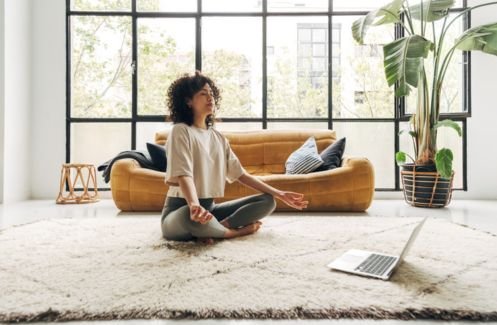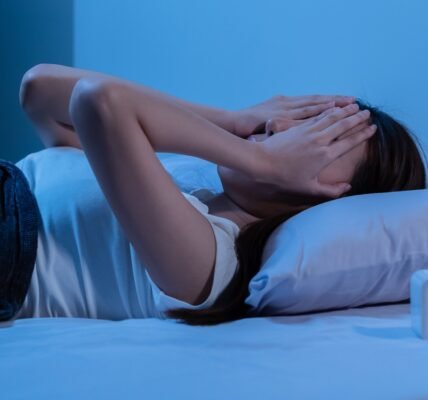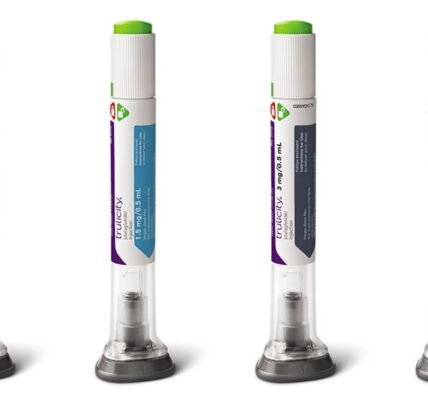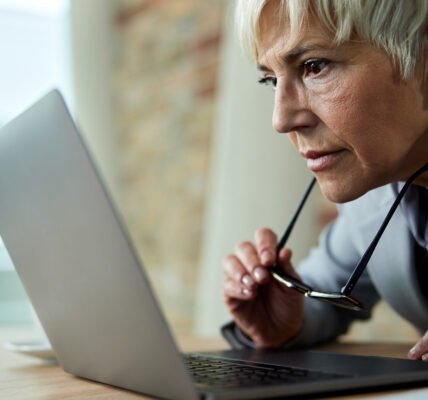[ad_1]
From feeling restless to headaches and stomach aches, some anxiety symptoms are more obvious than others. Dr Raj Arora reveals signs and symptoms of anxiety, plus how a self-care toolkit can help prevent anxiety levels from spiralling into a crisis
Anxiety is a feeling of unease, worry or concern that typically occurs in the absence of imminent threat or fear.
A person suffering from anxiety may particularly be worried about things that are about to happen or could happen in the future. Anxiety is a natural human response and usually manifests itself through our thoughts, emotions and physical sensations.
Most people may feel a degree of anxiety from time to time, especially when coping with stressful life events.
anxiety can not only be debilitating for physical and mental health but can also contribute to serious disorders
Anxiety is usually diagnosed as a mental health disorder if it persistently impacts daily activities and prevents one from carrying out their daily tasks.
It is important to recognize that when severe, anxiety can not only be debilitating for physical and mental health but can also contribute to serious disorders such as burnout, heart disorders, high blood pressure, gut disorders, headaches and some studies have shown anxiety can also contribute towards developing dementia.
There are many different types of anxiety disorders and each have a set of criteria and symptoms that will be looked at before a diagnosis is made.
READ MORE: Emotional SOS: 10 simple tactics to tackle anxiety and lift your mood


Spot the signs of anxiety:
There are many signs and these can manifest as emotions but also as physical signs, including:
- Feeling restless, wound-up, or on-edge
- Being easily fatigued
- Having difficulty concentrating
- Being irritable
- Having headaches, muscle aches, stomachaches, or unexplained pains
- Difficulty controlling feelings of worry
- Having sleep problems, such as difficulty falling or staying asleep
To recognize the signs and to take the first steps towards intervention can be challenging for a lot of people who do not put emphasis on their own mental health or selfcare.
It is essential to be able to take action early if you feel anxiety creeping in. This can help prevent anxiety levels from spiralling into a crisis. To do this I often suggest that a toolkit would be helpful. Patients often find this helps them to focus on techniques that will reduce their anxiety levels and help ground them.
READ MORE: Mindfulness and running – the therapy that could change your life


Create an anxiety prevention toolkit
A toolkit is essentially a self-care action plan. Self- care is key to improving your wellbeing from all aspects but also to provide relief from feelings of anxiety. Self-care also helps to build resilience which is vital to help manage feelings of stress, worry and anxiety.
When creating a toolkit it is important to make it relevant to yourself and to focus on the activities and interventions that will hold the most weight when it comes to alleviating symptoms.
Self-care also helps to build resilience
I often suggest patients should list out triggers to their anxiety (if they are aware of them) as then they are able to focus on preventative measures in their toolkit.
Your self-care activities will shape your toolkit and therefore it is important to explore the activities that make you feel good and positive. What activities help when you are feeling overwhelmed and who would you be comfortable to approach if you needed help.
Your toolkit may contain some of the following:
- Breathing exercises: guided exercises through an app or simply counting down deep breaths.
- Listening to music: choosing music that usually calms you down and soothes you or for some it may be more energising music.
- Taking a walk outdoors: stepping outdoors for a breath of fresh air can help to feel more relaxed and calm.
- Meditation: mindfulness and meditation can result in focussed breathing but also another point to focus on taking one away from the emotions and sensations of anxiety.
- Journalling: writing down fears, feelings and emotions can help one to detach from them (at least temporarily).
- Human connection: seeing friends and family face to face, and having a support network to talk to, to share fears and concerns with can reduce the feeling of isolation.
- Reaching out for professional support and resources: knowing when to reach out and speak to a health professional or to look for resources online that can help one to feel supported.
- Considering medication: if anxiety is becoming debilitating despite trying a toolkit method and having worked on triggers then it may be important to speak to your doctor about medication and recognising that in your toolkit can mean that you are more likely to reach out for support and medication when other methods have failed.
READ MORE: 5 self care tips you can do tonight to reduce stress
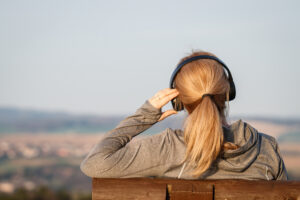

Know when to ask for help
It is important to stress that there is no right or wrong time to reach out for help. If you have yet to create a toolkit but find that your anxiety is spiraling or if you have a toolkit but feel yourself slipping into a crisis then it is important to reach out and ask for help from your GP.
If you have tried a self care method or toolkit but still suffer from the emotional and physical manifestations of anxiety, then it is important to flag this and reach out for help.
In particular, anxiety can lead to persistent low mood, suicidal thoughts and thoughts of self harm in some individuals. If you are experiencing these then it is important to see your GP urgently.
Help is always available via your GP but also there are many charities with crisis lines that are available too.


Dr Raj Arora is a GP, the founder of @thefacebible and one of the UK’s leading medical educators. Her passion lies in mental health awareness, women’s health and skin care.
As a female GP, Dr Raj Arora has always been passionate about educating other women with regarding to women’s health and using her Instagram platform @dr_rajarora to educate, inform, empower and inspire her followers.
HEALTHISTA’S ANSWER TO MENOPAUSE: PRESS PLAY, NOT PAUSE.
The Healthista Menopause Pack is a fully comprehensive online video workshop, led by Dr Dawn Harper; affordable, accessible and covering all aspects of the menopause, for those who need it most.
With expert advice and information from seven credible menopause industry experts, we hope that this online resource will help women navigate common health and wellness changes and challenges they may experience before, after and during the menopause.
Like this article? Sign up to our newsletter to get more articles like this delivered straight to your inbox.
[ad_2]
Source link
